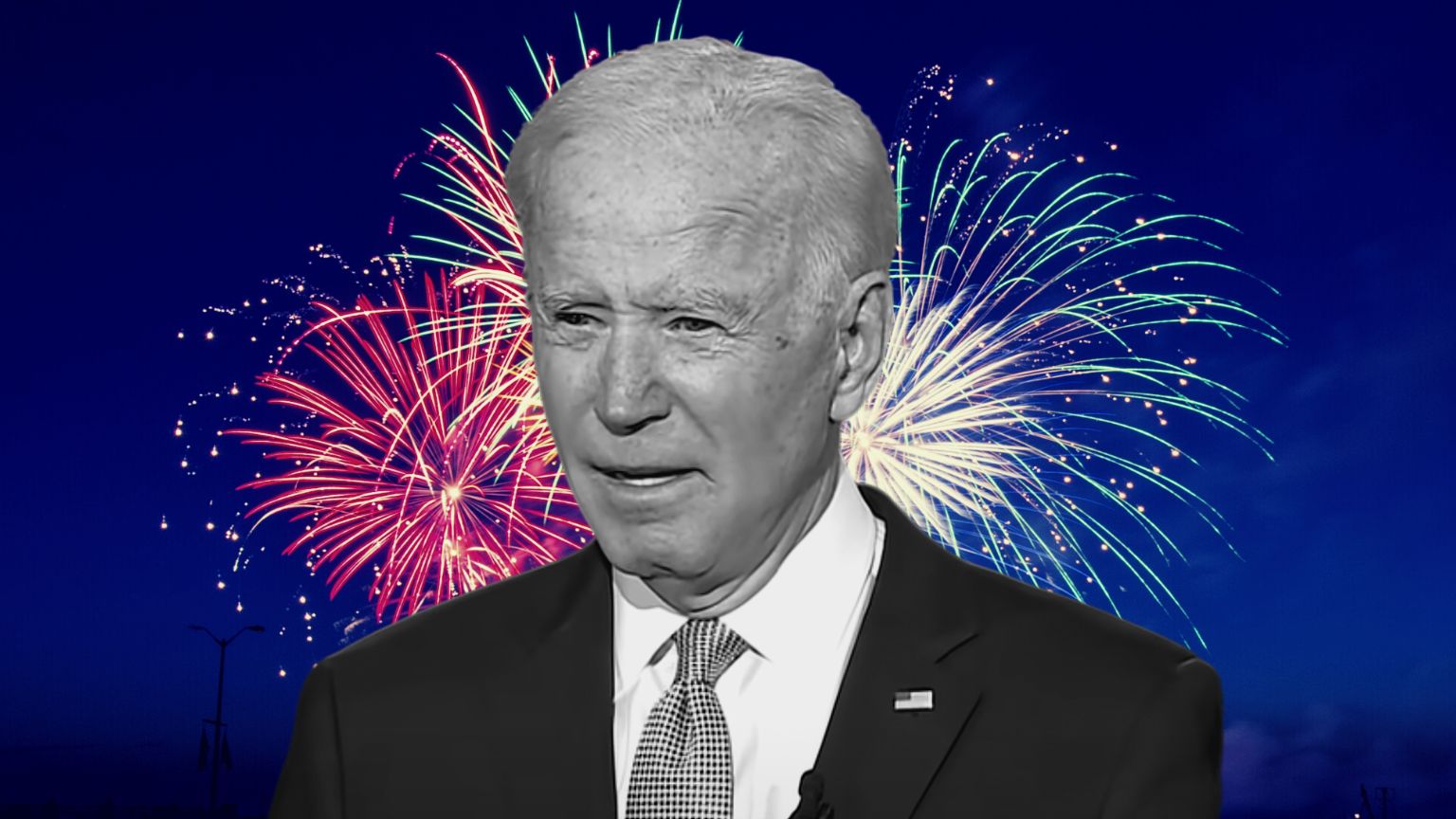In a major move that could potentially reshape the relationship between the government and social media companies, a federal judge has issued a preliminary injunction barring key agencies and officials of the Biden administration from communicating with tech companies on matters related to suppressing protected speech.
On Tuesday, Independence Day, District Judge Terry A. Doughty issued the injunction as a response to a lawsuit initiated by Republican attorneys general from Louisiana and Missouri.
The Sixth Circuit granted the injunction that blocks multiple federal agencies and top Biden admin officials from “urging, encouraging, pressuring, or inducing” social media companies to remove, delete, or suppress “content containing protected free speech posted on social media-platforms.”
The injunction also blocks these officials from:
1) Flagging this content on social media platforms
2) Urging, encouraging, pressuring, or inducing social media companies to change their content moderation guidelines
3) Working with the Virality Project (a coalition of research entities that push for censorship), the Election Integrity Partnership (the Virality Project’s previous name), the Stanford Internet Observatory (a center that says it studies the “abuse” of the internet, receives government funding, and has been implicated in censorship pressure on social media platforms), or any similar groups for the purpose of urging, encouraging, pressuring, or inducing social media companies to censor content containing protected free speech
The lawsuit alleged that government officials overstepped boundaries by urging social media platforms to tackle posts that might incite vaccine hesitancy during the COVID-19 pandemic or influence elections.
The preliminary injunction could have far-reaching consequences regarding the First Amendment, finally threatening the way governments have been colluding with social media companies to censor the speech of Americans.
Judge Doughty’s order imposes constraints on several executive agencies including the Department of Justice, State Department, Department of Health and Human Services, and the Centers for Disease Control and Prevention.
Moreover, the injunction names more than a dozen individual officials including Alejandro Mayorkas, the Department of Homeland Security Secretary, and Jen Easterly, who heads the Cybersecurity and Infrastructure Security Agency.
While the final ruling is pending, Judge Doughty’s injunction suggests he might favor the plaintiffs’ arguments. He commented that the evidence produced shows an extensive effort by the defendants to stifle speech based on its content.
“During the COVID-19 pandemic, a period perhaps best characterized by widespread doubt and uncertainty, the United States Government seems to have assumed a role similar to an Orwellian ‘Ministry of Truth,’” Doughty wrote in his opinion, adding that he was not “persuaded by Defendants’ arguments.”
“If the allegations made by Plaintiffs are true, the present case arguably involves the most massive attack against free speech in United States’ history,” the opinion says. “In their attempts to suppress alleged disinformation, the Federal Government, and particularly the Defendants named here, are alleged to have blatantly ignored the First Amendment’s right to free speech.”
Judge Doughty allowed certain exemptions, permitting communications on national security threats, criminal activities, or voter suppression.
The Biden administration had, of course, refuted the claims that it had colluded on censorship of Americans.
The litigation specifically targets the federal government’s role in content censorship on social media, unlike previous complaints which focused on the tech companies themselves.
In addition to curbing government-technology company communications, Judge Doughty’s order also prevents collaboration between government agencies and academic groups focusing on social media, including the Election Integrity Partnership.
2023 is shaping up to be a major year for free speech in the US. The Supreme Court has issued several decisions with free speech implications, such as last week’s decision that set a higher bar for punishing speech as “a true threat.”
The Missouri Attorney General, Andrew Bailey, took to Twitter to celebrate the injunction: “What a way to celebrate Independence Day.”














